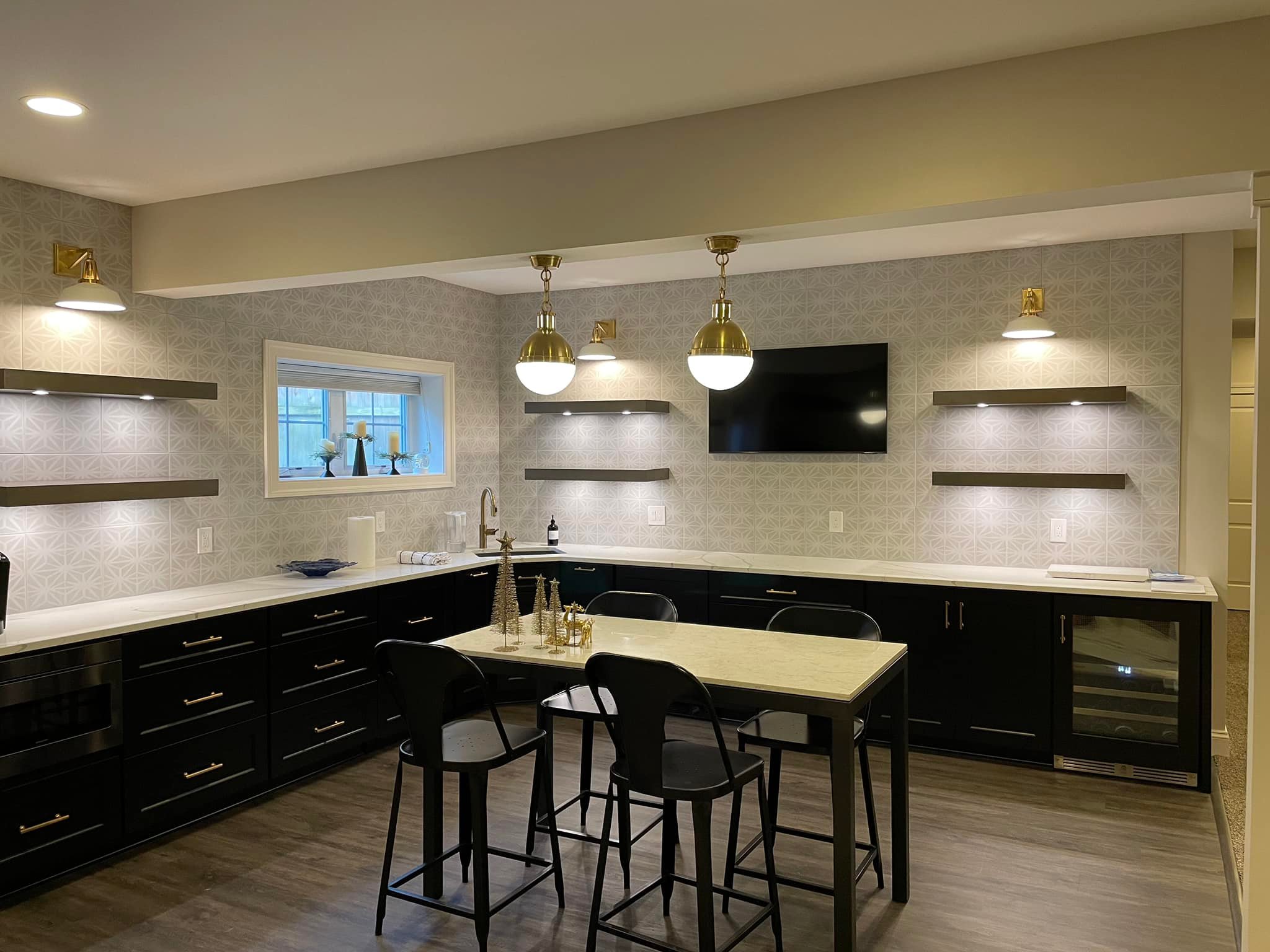
Beyond Aesthetics: The Role of Sustainable Practices in Modern Construction Sep 30, 2025
The move towards sustainable construction practices stems from an increasing awareness of environmental impacts. Traditional construction methods are notorious for their heavy carbon footprints, excessive waste production, and strain on natural resources. In contrast, sustainable construction embraces techniques and materials that minimize environmental impact, reduce waste, and optimize resource efficiency. This transition is essential not only for preserving our environment but also for aligning with modern regulatory standards, which are increasingly demanding eco-friendly practices.
One of the cornerstones of sustainable construction is the use of eco-friendly materials. These materials, such as reclaimed wood, recycled metal, and energy-efficient concrete, not only reduce environmental harm but also often provide superior durability and aesthetic appeal. DG Allen Construction prioritizes sourcing materials that have minimal environmental impact, thus ensuring that each project contributes positively to the environmental landscape.
Moreover, sustainable construction practices extend beyond material selection. Energy efficiency is a critical aspect, aiming to reduce the energy consumption of buildings. The integration of solar panels, high-efficiency HVAC systems, and superior insulation techniques represents a commitment to energy conservation. Implementing these solutions ensures that buildings not only meet but exceed current energy efficiency standards, providing long-term savings for homeowners and businesses alike.
Water conservation is another critical component of sustainable construction. By incorporating systems such as rainwater harvesting and gray water recycling, DG Allen Construction empowers property owners to significantly reduce their water usage. These systems serve as a vital step towards mitigating the impact of water scarcity and fostering responsible consumption patterns.
The design phase of construction is equally pivotal. DG Allen Construction utilizes modern design tools to anticipate and integrate sustainability features from the project's inception. This foresight allows for better planning of resources and materials, optimizing the building process to be as environmentally friendly as possible. By integrating cutting-edge technologies like Building Information Modeling (BIM), construction projects can minimize waste by improving accuracy in planning and execution.
The benefits of sustainable practices in construction are multi-faceted. Beyond the evident environmental impact, they also enhance the health and well-being of building occupants. For instance, using materials with low volatile organic compounds (VOCs) can lead to improved indoor air quality, reducing the risk of health issues. Additionally, buildings designed with ample natural lighting and optimized ventilation contribute to better psychological and physiological health.
For DG Allen Construction, sustainability isn't just an addition to aesthetics; it is a core value. By embedding eco-conscious methodologies into every facet of the construction process, the company not only meets the growing demand for sustainable options but also educates and empowers clients to appreciate the long-term benefits of green building.
In conclusion, sustainable practices in construction are no longer optional but essential. They drive innovation and ensure that the buildings of today can meet the needs of tomorrow. For those considering a construction or remodeling project, embracing sustainability not only promises immediate aesthetic appeal but also ensures a lasting positive impact on both the environment and the occupants. DG Allen Construction remains committed to building a greener future, one project at a time.
/filters:no_upscale()/media/b937f60e-c627-4855-aedc-0fa9bad8eba8.jpeg)
/filters:no_upscale()/filters:format(webp)/media/a19d5762-001c-4780-9330-e81a304c8fe5.jpeg)